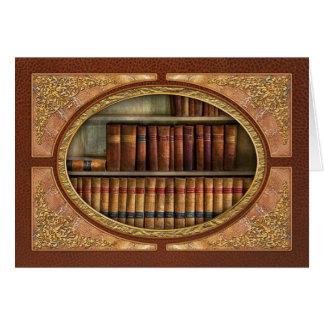Corporate Law: Thinking of Dispute
Comparative Legal Studies: Commerce and Culture were designed as a supplement to courses in Comparative Law. It deals with the issues surrounding culture and commerce, with special emphasis on economic issues, culture and product markets. The book is structured as an introductory class on comparative studies, and so the content normally varies with each semester. This text is a comparative study of private law, contracts, copyrights, patents and intellectual property. Copyright Law covers patent and copyright issues, including modern day issues like the"ornia wipe out" and the"shine thing."
Comparative Commercial Contracts focuses on economic processes and institutions, such as contract law, intellectual property law, landlord-tenant relationships, corporate finance, commercial law, employment law and statehood. A clear focus is the analysis of how individuals and institutions interact in the market, and how the practice of personal contract enforcement affects these interactions. Private commercial law is extremely different from that of the common law, because unlike the common law, it does not require the state's intervention to protect the rights of people. Private contracts are therefore subject to the vigilant supervision of both the state and the federal government.
Comparative Commercial Law addresses a range of important issues, such as intellectual property, contract law, landlord-tenant relationship issues, corporate finance, employment law, and statehood. Moreover, there are some specializations in this area which deal only with a couple of related areas. For example, one might get a concentration on practice and litigation in commercial contract law, or one that would concentrate in landlord-tenant relationship. Comparative law courses teach law students the broad range of information that's available to them via a comparative analysis of civil law, common law, international law, and patent law. Thus, law students who choose to specialize in comparative law will have an enriched understanding of legal documents and their citations, and the historical development of law.
Industrial law and business litigation are extremely distinct from the common law practice of defending individual's legal rights against business competitors or alternative disreputable outside parties. Contrary to the common law, the federal government, by statute or common law, can't intervene in the majority of commercial disputes. Therefore, commercial law litigators must work closely with local officials, and frequently with the United States attorney, to aggressively pursue disreputable conduct in the industrial marketplace. It is significant for commercial litigators to fully understand the community regulatory environment. For example, many regional governments have enacted comprehensive litigation protection statutes in response to widespread complaints about anti-business practices.
The litigation department at George Washington University focuses its attention on commercial law , including complex contractual disputes, issues surrounding intellectual property, and cases involving the commercial transport industry. Professor Steven Greenlaw, a past president of the American Society of Business Editors and Writers, and an adjunct professor at the University of Virginia School of Law, directs law and business research projects at George Washington University. He's served as an acting Associate Editor of Legal Reviews and as a contributor to Litigation Digest. His publications include"Suing Google," a New York Times best seller;"The Strategic Economy: Corporate Litigation and Intellectual Property Rights," a volume co-authored with Associate Editor Robert Kaplan and University of California-Irvine Professor Emeritus Carol D Terry; and"The Hidden Cost of Low- priced Employee Health Insurance," co-authored with Kenneth W. White, III.
In addition to being a professor at George Washington University, Professor Greenlaw serves on the boards of directors of the American Association for the Advancement of Cosmetic Surgery, American Association for Retired Persons, and the National Academy of Legal Research. He's also an adjunct professor in the American Bar Association and serves on the boards of the Association of Personal Injury Attorneys, the National Organization for the Settlement Profession, and the National Federation of Professional Debt Arbitrators. All of these entities represent clients in commercial disputes ranging from personal injury to asbestos claims. For that reason, they're well-versed in the present litigation landscape and can provide sound legal counsel to clients facing challenges with respect to business contracts, intellectual property, and tort law.
Among Professor Greenlaw's most recent books is a really timely call for actions on the patent and copyright industries. The report,"spilling the water: patent and copyright laws in the USA," that was published in the ABA Journal, highlights the need for changing the present system so that it more appropriately accommodates the needs of both the technology and the business communities. This book makes excellent use of current financial theory to explain why the current system does not adequately serve the interests of all stakeholders.
Greenlaw isn't the only adjunct professor at George Washington University who's worried about our broken patent and copyright system. Many of his former law school colleagues are outspoken advocates for changing the system, and they openly admit that the present regime is severely broken. Several of these exact attorneys work at the middle for Patent Law at George Washington University, one of the nation's leading legal research centers. This is the same institution where many law firms choose to draw their graduates so as to practice law. The authors of this highly engaging, and at times controversial, novel are well respected scholars, and hopefully others will see the light on these issues and take the suggestions in this book to heart.
